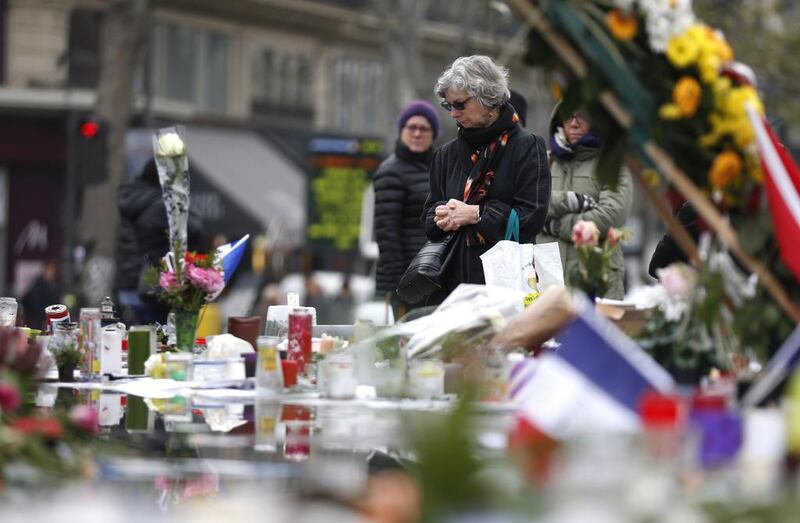Terrorism is the greatest threat to the western world or the most overinflated one, depending on how you look at it. Terrorist attacks are gratuitous, sporadic and erratic or part of a premeditated campaign, depending on who you’re listening to.
However, when you analyse the motives of the organisations that perpetrate most attacks, it becomes apparent that the majority of attacks occur in specific places for particular reasons.
Indignation at western foreign policy disasters is often dismissed by the voices of the privileged as smear campaigns launched by the simple-minded. An example of this was David Cameron’s speech on the Muslim world and terrorism this year, when he said: “We must challenge the grievance narrative by pointing out that 9/11 happened before Iraq.”
But the clock of western intervention in the region goes back further than Mr Cameron cares to remember. What about the sanctions regime imposed on Iraq? What about the West’s financial and diplomatic support for the continuing occupation of Palestine and its relative depredations?
The grievance narrative, which blames western foreign policy for the growth of evil organisations, is lazy at best. At worst, it acts as an apology for unmentionable barbarism.
But there is also evidence to support this narrative, made by both scholars and journalists.
For example, Prof Robert Pape of the University of Chicago analyses all 315 recorded cases of suicide terrorism between 1980 and 2003.
Prof Pape concludes that the one unifying goal among all of those terrorist groups that conduct suicide operations is “to compel democracies to withdraw military forces from the terrorists’ national homeland”.
He also finds that nearly all suicide attacks “occur in organised, coherent campaigns, not as isolated randomly timed incidents”.
The strategic and political logic of many groups can be seen in the speeches of their leaders.
For example, Hizbollah’s Sayyid Fadlallah once said: “We believe that suicide operations should be carried out if they can bring about political military change in proportion to the passions that incite a person to make of his body an explosive bomb.”
A leader of Al Aqsa Martyrs Brigades, a Palestinian militant group, said that the goal was to “increase losses in Israel to a point at which the Israeli public would demand a withdrawal from the West Bank and Gaza Strip”.
Suicide bombing is an indiscriminate way of achieving a goal, but such acts often come loaded with a great deal of forethought.
If we dispel the grievance narrative – as David Cameron advocated in his speech – before even listening to it, we risk winning the battle, but not the war.
To win the war against extremism, it is imperative that we take into consideration – with the help of works by Prof Pape and others – the changing nature of the West’s foreign policy approach to this region and the heavy hand the West may have played in either exacerbating or even starting conflict.
Is it not time that the West paid attention to the findings of independent organisations like the Bureau of Investigative Journalism in London, which found that more than 3,000 civilians have been killed in Pakistan alone by US drone strikes? A Taliban commander boasted that drones have made it so “we don’t need to recruit anymore, they come to us.”
Looking at the facts will also reveal as a myth the link drawn between terrorism and Islamic fundamentalism.
It is true that many groups responsible for terrorist attacks have framed their rhetoric within the language of Islam, but the Tamil Tigers of Sri Lanka committed 76 of the 315 incidents recorded in Prof Pape’s study, and they are an antireligious Marxist group. Groups such as the secular Kurdish Kurdistan Worker’s party (PKK) have also carried out suicide operations.
Although these groups differ greatly, terror attacks are bound by one fact: they are the strategies of weak players.
It is not conspiratorial to say that heavy bombing of a country and its civilian population, or the unconditional funding of predatory regimes is going to make enemies for the West. It’s common sense – and the record shows it.
Matthew Ayton is a freelance writer and researcher in the West Bank





